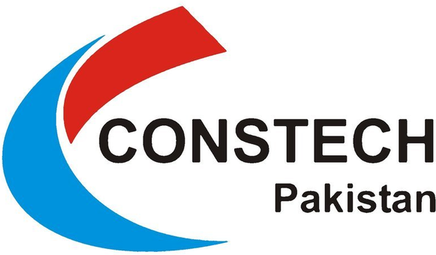ISO 21001
International Organization for Standardization (ISO) titled “ISO 21001:2018 – Educational organizations — Management systems for educational organizations — Requirements with guidance for use.” Please note that standards and their revisions may have occurred since then, and it’s advisable to check the latest sources for any updates. ISO 21001 provides a framework for educational organizations to establish, implement, maintain, and continually improve a management system for educational services. The standard is designed to be adaptable to the specific needs and context of different educational organizations, including schools, colleges, universities, and training centers.
Key elements and requirements of ISO 21001 include:
Context of the Organization: Educational organizations are required to understand their internal and external context, including the needs and expectations of interested parties, to determine the scope and objectives of the management system.
Leadership and Governance: ISO 21001 emphasizes the role of leadership in establishing policies, objectives, and a management system that supports the organization’s mission. It also addresses the responsibilities of top management in governance.
Learner-Centric Approach: The standard places a strong emphasis on a learner-centric approach, ensuring that the educational organization identifies the needs and expectations of learners, provides support services, and monitors learner satisfaction.
Competence and Awareness: Organizations are required to ensure that personnel have the necessary competence and are aware of the relevance and importance of their activities in contributing to the effectiveness of the management system.
Operations and Support: ISO 21001 addresses the planning and delivery of educational services, including curriculum development, monitoring and evaluation of the learning process, and the provision of support services.
Performance Evaluation: The standard includes requirements for monitoring, measurement, analysis, and evaluation of the management system’s performance, including the effectiveness of educational services and learner satisfaction.
Improvement: Organizations are expected to continually improve the suitability, adequacy, and effectiveness of the management system based on the results of performance evaluation and feedback. ISO 21001 is designed to align with other management system standards, such as ISO 9001 (Quality Management) and ISO 14001 (Environmental Management), making it easier for educational organizations to integrate multiple management systems. Educational organizations that implement ISO 21001 may seek certification to demonstrate their commitment to quality educational services and continual improvement. The standard provides a systematic approach to managing educational processes and enhancing the overall learning experience for students.
